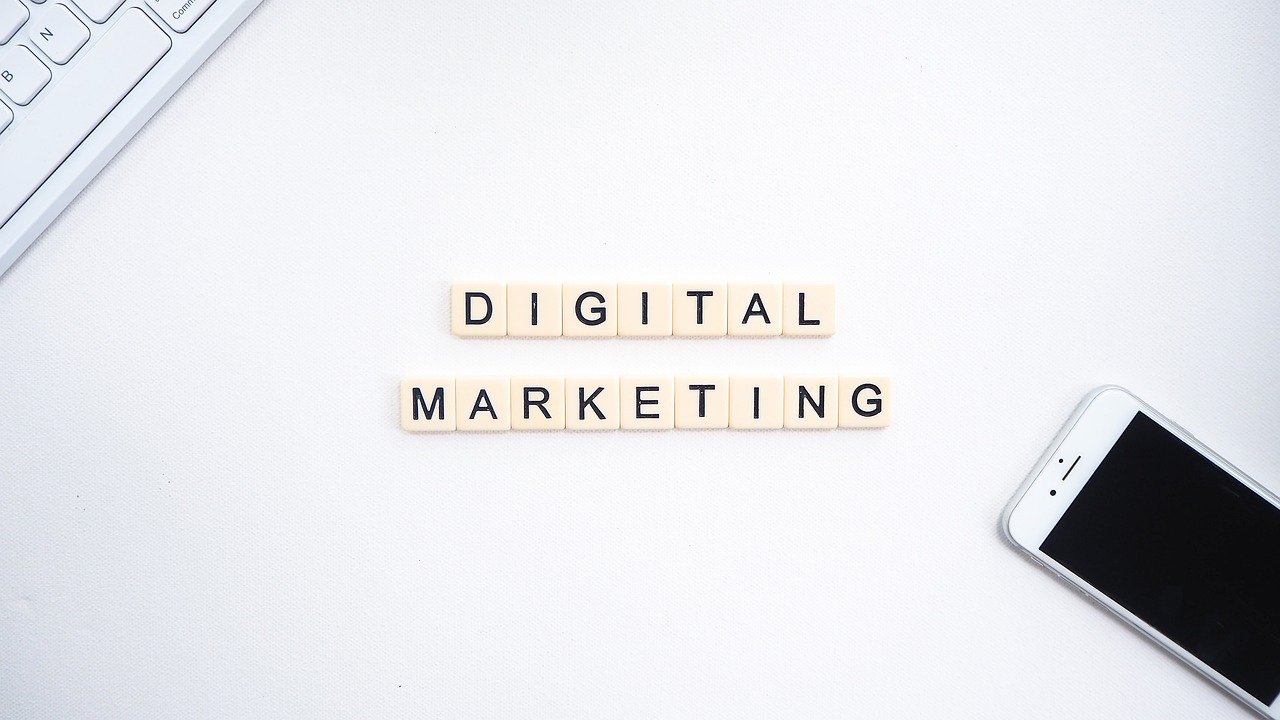In 2024, AI will revolutionize digital advertising and bring a new generation of innovation and efficiency. Artificial intelligence is changing the way manufacturers communicate with their audience: from predictive analytics to providing personalized content. Thanks to advanced algorithms and systems that accumulate knowledge, marketers can predict trends, precisely adapt strategies, and optimize campaigns like never before. This transformation now not only complements visitor stories but also leads to extraordinary boom and engagement.
Trend Forecasting
Trend forecasting in digital marketing uses artificial intelligence to anticipate future consumer behavior and market changes with amazing accuracy. By studying a significant amount of information, AI tools can be aware of emerging developments and styles that might be challenging for humans to determine. For example, if there is an increase in the number of students who are buying college essays from EssayShark, marketers can adjust their techniques to cope with this demand. The ability of artificial intelligence to anticipate such tendencies allows groups to live ahead of the curve, optimize their advertising efforts, and satisfy evolving wants. This proactive method ensures that advertising campaigns remain relevant and powerful.
Personalized Messaging
Personalized messages powered by artificial intelligence are revolutionizing the way brands communicate with their audiences. By analyzing user data, AI can create messages tailored to individual preferences, behavior, and past interactions. This approach ensures the content resonates with the recipient, increasing engagement and conversion rates. For example, if AI determines that a user frequently searches for books, it can show targeted ads for bookshops. Personalized messaging improves customer engagement by making interactions more relevant and timely, ultimately contributing to stronger brand loyalty and greater satisfaction.
Smart Chatbots
Smart AI-powered chatbots are transforming customer service by providing instant, accurate responses and personalized interactions. These chatbots use language processing to recognize and engage in meaningful conversations with users. For example, a chatbot on an online clothing store’s website can help customers find specific items, provide sizing and return information, and suggest clothing based primarily on their alternatives. By dealing with common questions and tasks, chatbots have freed up human resources for extra complex problems. Also, they beautify the user experience and increase operational efficiency.
Targeted Ads
Targeted advertising driven by artificial intelligence is a significant advance in digital marketing, offering precise targeting of potential customers. By analyzing user data, such as browsing history and shopper behavior, AI can create highly targeted advertising campaigns that target specific interests. For example, if AI identifies a segment of users who frequent travel websites, it can show ads promoting vacation packages or travel accessories directly to them. This targeted approach increases ad relevance and engagement and improves conversion rates, making advertising efforts more efficient and effective.
AI Content Creation
Artificial intelligence is the new hype in content generation, especially with what brands are creating, such as blog content or social media posts. There is a capacity to use complex algorithms to generate content that synergistically will be coherent, meaningful, and targeted. For example, it can write an article on the latest trends in tech gadgets taking into consideration the content that will be popular to read by tech-savvy audiences and is coded to be visible on search engines. It helps marketers generate better quality content, exercise control over the kind of messages being delivered, and change with the trend, all of which are instrumental in enhancing strategies and reducing efforts.
Campaign Optimization
AI improves the efficiency of campaigns by offering predictive analysis and making suggestions for the campaigns’ effectiveness. It means that through regular analysis of the click-through rates, conversion rates, and engagement of the users, the algorithms in the AI learn what is effective and what is not. For instance, if an AI system is analyzing and monitoring the performance of a campaign, that sells a new smartphone, the AI system can recommend the right adjustments to the target audience, call-to-action text, or spending. Together, real-time optimization helps marketers make the best decisions on ROI and achieve the goals intended for the campaigns.
Future of AI Marketing
The future of AI in marketing is brighter, with more refined possibilities of catering to clients with even more precision, increasing the level of automation, and analyzing data. Over time AI technology will provide marketers with a better and better understanding of their consumers and preferences, thus allowing marketers to provide even more personalized experiences.
Features like enhanced predictive analysis of markets and betterment of natural language processing in defining and differentiating the different market strategies will be developed. Also, it is decided that integration applications of AI with other technologies, such as augmented reality and IoT will also extend more. These are, therefore, milestones that brands must accept as they would be critical in enabling brands to compete and try to meet the new demands of the new frontier of the digital environment.

